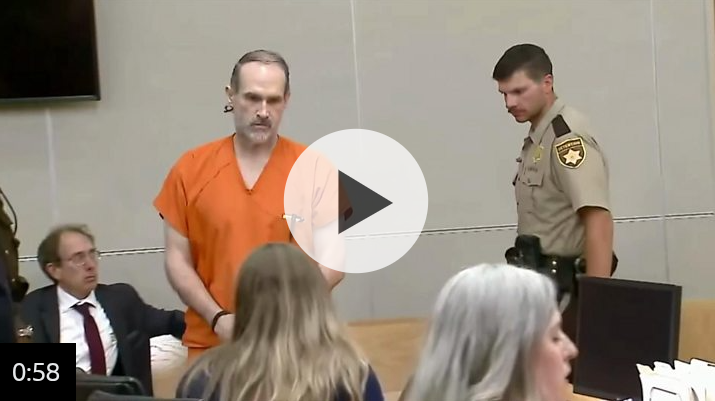California’s state leadership has initiated legal action against the Trump administration in response to the federal activation of National Guard troops across Los Angeles County. Announced by Democratic officials on Monday, the lawsuit centers on President Donald Trump’s invocation of Title 10 authority—a provision permitting military mobilization during invasions or rebellions. State Attorney General Rob Bonta sharply criticized the move, labeling it an overreach that defied local governance and inflamed tensions rather than resolving them. Bonta emphasized that California neither faced an external invasion nor an internal uprising, framing the deployment as a politically motivated maneuver disconnected from on-the-ground realities.
The heart of California’s legal argument challenges the necessity of federal intervention. Bonta contended that the mobilization occurred despite explicit objections from Governor Gavin Newsom and municipal law enforcement agencies, who asserted control over the situation. He characterized the president’s actions as a deliberate attempt to fabricate disorder for electoral advantage, undermining the state’s autonomy. This stance directly contradicts the administration’s justification that troops were essential to protect Immigration and Customs Enforcement (ICE) personnel and federal infrastructure amid escalating public demonstrations.
Governor Newsom further amplified the state’s position, attributing the weekend’s intensified unrest to the White House’s decision itself. He argued that localized protests against immigration enforcement tactics were manageable until federal forces arrived, which he claimed exacerbated volatility and mistrust. Newsom portrayed the deployment as an unwarranted federal intrusion into state affairs, transforming peaceful dissent into confrontational chaos. His statements underscored a deepening rift between Sacramento and Washington over jurisdictional authority and crisis management.
The backdrop to this legal clash unfolded amid days of volatile demonstrations in Los Angeles, where activists rallied against recent ICE operations. While some gatherings spiraled into vandalism and clashes with police, state officials maintained that California’s law enforcement possessed both the capability and strategy to restore order without military support. The governor and attorney general jointly dismissed the notion of an “invasion” or “rebellion”—legal prerequisites for Title 10 activation—as baseless scare tactics divorced from actual conditions.
In anticipation of formal court filings, California’s lawsuit signals a broader constitutional confrontation over states’ rights and executive power. The complaint aims to invalidate the National Guard’s federalized status in Los Angeles and reinforce the principle that local authorities retain primary jurisdiction during civil disturbances. This move crystallizes a



